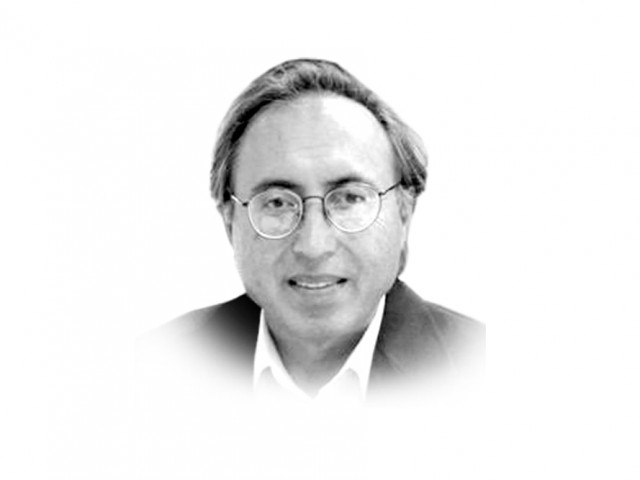When the people matter
Why do people rebel? This depends on their level of frustration, anxiety and fear...

There are others, the conservative, elitist sections of society, who have a pessimistic view of the common man. All totalitarian and fascist rulers have similar beliefs; they think the common man is emotional, he cannot be trusted and can easily be manipulated. This variety of leaders, thinkers and politicians relegates the masses to the lower category of both, intellect and social worthiness.
This traditionalist idea is that the common man is better led, guided and supervised in his social and political role. Why? He is emotional, not wise, and moreover, not equipped with the knowledge or the wisdom to be placed in power or given greater responsibility. Frankly, such views persist in our times as well, and sit deep at the inner social consciousness of much of our ruling classes.
We may argue, as we always do, that these leaders are elected by the masses, the very people whom we believe matter, so what is all the fuss about? An attendant argument, commonly known and put forward readily without any hesitation, is that if you wish to change leaders, the ruling class, then change the consciousness or the social capacity of the people. Let me concede that raising the consciousness of the people about who the rulers are, what their character is and whether they do anything for them or not, is a weighty argument.
This brings us to the central point; when and why people rise up against their ruling classes. Before I answer this question, let me say that ruling classes have always had the upper hand. They have resources and power — social, economic and political — that they use for their hegemonic control of the people. They bribe, intimidate, and co-opt new social classes that they fear might speak for the people and those who cannot be won over are marginalised. In some countries, those who oppose the powerful, challenge ruling classes and organise any meaningful social resistance are tortured, poisoned and even eliminated.
Back to the question, why do people rebel? This depends on their level of frustration, anxiety and fear; and when they have lost human dignity, respect and hope and when the rulers are like robbers and hide their criminality with legal sugar-coating. Remember the popular refrain of the Pakistani ruling class; we have violated no law and have done nothing wrong. They say this even when they are caught with big money in hand and an even bigger volume in foreign accounts. This is done with the belief that they can deceive people.
True, befooling the people is part of the political business in societies where the political and social consciousness of the people is low. For this reason, the latter are befooled, robbed and repressed and this goes on for a long time. Without this consciousness, a vision and a vanguard role of the public, and an intellectual and quality leadership that has organic links with the society, the people don’t rise up against the corrupt and unjust ruling classes.
People matter, but for them to rise from an individual to a community and a collective social and political force, more aware sections of the society — among them the intelligentsia, the civil society activists, and the revolutionaries — must turn raw people power into purposeful action for change and accountable government.
Published in The Express Tribune, February 21st, 2011.














COMMENTS
Comments are moderated and generally will be posted if they are on-topic and not abusive.
For more information, please see our Comments FAQ